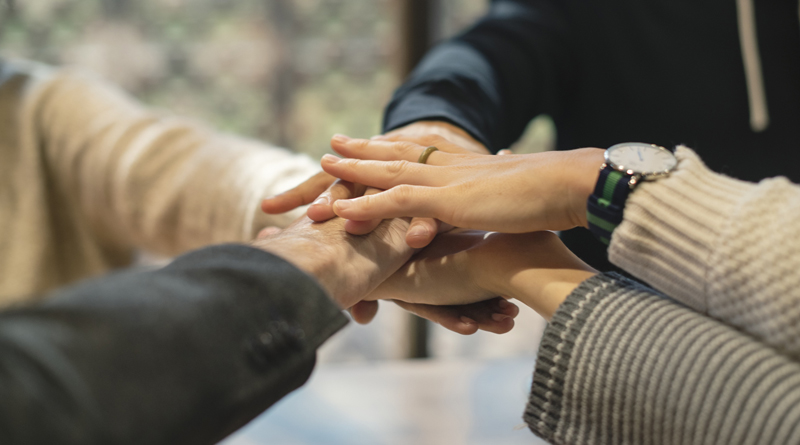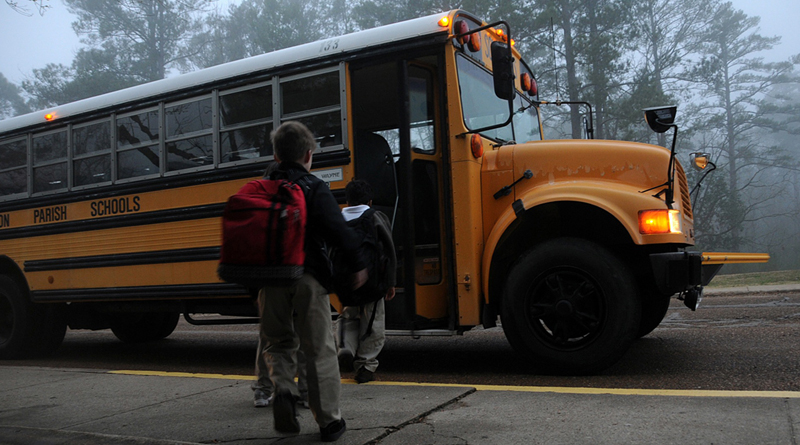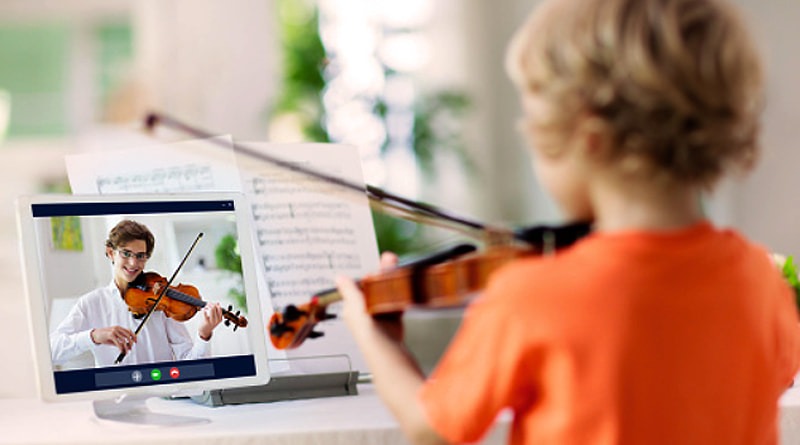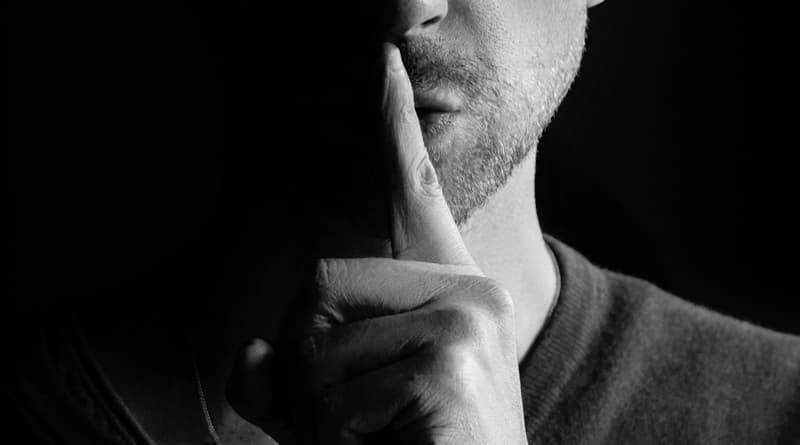
Brain Injury Support Groups – A Lifeline to Recovery
By David A. Grant
Support groups have been a mainstay of my recovery since early 2011. There is something almost indescribable that happens when brain injury survivors are in each other’s company. We are like a wonderful extended family. Rather than shared DNA to bind us, our strength comes from our shared life experiences.
When I am in the company of other survivors, my defenses go down. If I stumble when I speak, no one cares. If I lose my train of thought mid-stream, and cannot get back to where I was, no one cares. On the other hand, if I share some of the hardships that come with being a brain injury survivor, EVERYONE CARES!
Early on after my accident, I reached out to the our local Brain Injury Association to see if there was a brain injury support group near our home. I knew from other life experiences that a support group would help me on my journey.
Unfortunately, at the time of my first call, there was no viable option for me. A support group met in a far-away town – a 160 mile round trip. Another group met in our state’s capitol city, Concord, a much shorter 70 mile round trip, but still not practical. In early 2011, I was literally fighting for my life. A day that found me able to tell you the day of the week was a good day. Long distance travel was simply an impossibility for my wife Sarah and me.
Happily, all that has changed. When a support group stated nearby, I jumped at the chance to attend. I was at the first meeting back in 2011, and have attended most every meeting since. In fact, I now co-facilitate that group – something I never saw coming. The fact that meeting is only a half-mile from our home is just the icing on the cake.
But it doesn’t stop there. A few miles from our home, a second local support group meets monthly. My wife Sarah and I get there as often as we can. As of today, there are over a dozen support groups meeting monthly here in our state.
What happens within a support group never leaves the room. It is a sacred space, a safe place to share, and have life experiences validated. But I will share that numerous members of my local group have shared that our local support group has been a life-saver, and not in a figurative sense. Not all brain injury survivors make it. Support groups do indeed save lives.
Over the years, we have had members come and go. A few of us, part of the group since the beginning, still attend regularly, ready to help the new survivor who walks through the door. We now have group traditions like our annual summer cookout, and our yearly group anniversary meeting, complete with food.
One of the most telling testaments to the healing power of support groups, however, involves a tissue box.
When our local group first started, many of those attending were new to lives as brain injury survivors. As a group, we were mourning the loss of the lives we once had. Ambiguous loss is very real within the brain injury community. Mindful that we gathered monthly in a safe space, there was no shortage of tears, a box of tissues ever-present as it worked its way up and down the table at our early meetings. We cried rivers of tears.
Somewhere along the way, however, the tissue box stopped attending our meeting. Over the months and years that followed, tears were replaced with laughter, sadness with determination, and hopelessness was replaced by the feeling that together, we could do what none of us could do alone.
Every month, when “Support Group Wednesday” rolls around, I feel an excitement and a happiness in knowing that the day will end in the company of friends, some of the most amazing people I have ever met. These are people who would not be part of my own life had it not been for my injury.
Seen in this light, it is hard not to be grateful for all that has happened over the last seven-and-a-half years.
David A. Grant is an internationally recognized brain injury advocate, freelance writer, keynote speaker and brain injury survivor based out of southern New Hampshire. He is the author of Metamorphosis, Surviving Brain Injury, a book that chronicles in the first year-and-a-half of his new life as a brain injury survivor. His second title, Slices of Life after Traumatic Brain Injury, was released in 2015. In 2016, David and his wife Sarah coproduced To Be Inspired: Stories of Courage and Hope after Brain Injury, a complication book of survivor stories. David is also a contributing author to Chicken Soup for the Soul, Recovering from Traumatic Brain Injuries and Chicken Soup for the Soul, Why I chose Gratitude.
As a survivor of a cycling accident in 2010, he shares his experience and hope through advocacy work including public speaking as well as his weekly brain injury blog. David is a regular contributing writer to Brainline.org, a PBS sponsored website. He is also a BIANH board member as well as a columnist in HEADWAY, the Brain Injury Association of New Hampshire’s periodic newsletter.
David is the founder of TBI Hope and Inspiration, a Facebook community with over 20,000 members including survivors, family members, and caregivers as well as members of the medical and professional community. In late 2016, David’s brain injury blog was awarded “Best Brain Injury Blog of 2016” by Healthline.org, a leading health information provider.
Together with his wife Sarah, they publish HOPE Magazine. HOPE Magazine is the world’s largest monthly magazine dedicated to brain injury of all kinds and is now ready in over thirty countries around the world. HOPE Magazine is a free, all-digital monthly magazine that features stories by brain injury survivors and those who love them.
When David is not in front of his keyboard, he can be found cycling the byways of southern New Hampshire.




